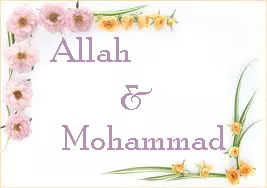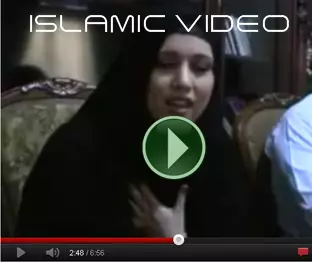Muslims are engaging more as U.S. elections loom
One trend to watch in the U.S. presidential election next November will be whether Muslim American civic engagement translates into votes.
There has been a strong Muslim American voting contingent among African Americans. But unresolved grievances rooted in race, rather than religion, have tended to be motivating factors for civic engagement among this group.
Muslims whose families have immigrated to the United States in recent generations have been slower to get involved, due in part to a prevailing view that political involvement is at least frowned upon, if not forbidden, by Islamic teachings. Such indecision stemmed mostly from a reliance on Muslim scholars overseas who promoted the idea that voting conveyed allegiance to a secular power rather than to God.
In the U.S., this has changed as American-born scholars such as Dr. Sherman Jackson, King Faisal Chair in Islamic Thought and Culture at the University of Southern California, have argued that in Islamic teachings there is no contradiction between practicing Islam and civic engagement. Jackson emphasizes the need to vote to ensure that worldly needs such as employment, housing, health care and education are met.
In 2000, Muslim immigrants became energized and helped George W. Bush win in several swing states. It was the first time the Muslim vote had aligned over common interests. The Sept. 11, 2001, attacks, the enactment of the USA Patriot Act and the subsequent wars against Afghanistan and Iraq further consolidated voting patterns. Motivated by what many perceived as a “war on Islam,” Muslim Americans became more civically engaged and politically sophisticated as much of their support shifted to the Democrats.
According to “Engaging American Muslims,” a 2012 report by the Institute for Social Policy and Understanding, an independent, non-partisan think tank and research organization, voter registration and turnout has increased over the past decade and today 1.2 million Muslims are registered to vote. In addition, local Muslim leaders are promoting voter registration drives and encouraging Muslim communities to become more civically involved.
With a growing population, Muslim Americans present an opportunity for presidential candidates particularly in battleground states where no one candidate has overwhelming support – such as Florida, Michigan, Ohio and, increasingly, Virginia.
Inspired to serve, uphold social justice and promote tight-knit families and compassionate communities, Muslim Americans are engaged in contemporary debates on health care reform, immigration, education, the environment and the economic crisis.
For practicing Muslims, a fair and just resolution of these issues comprises a faith-inspired mandate. Houses of worship and Muslim non-profit organizations such as the Council on American-Islamic Relations and the Muslim Public Affairs Council are increasingly joining interfaith alliances and organizing programs to educate their members about civic engagement, political involvement and voter registration. Muslim Americans who have lived in the U.S. for generations are in a position to make presidential candidates work hard to understand what is important to them and how to win their vote. And they have already begun to do so.
The Michigan Muslim Community Council, which represents the diverse Michigan Muslim community, promotes civic engagement, community service and other forms of empowerment, and is building relationships with local and state government officials to talk about issues of importance to the Muslim community.
The Islamic Center of Southern California’s voter registration drives date back to the late 1980s and the center has hosted presidential candidates such as Reverend Jesse Jackson, a candidate for the Democratic presidential nomination in 1984 and 1988. While the center has faced criticism from within the community in the past, today it builds on a tradition of interfaith relations, organizes youth leadership and empowerment initiatives, and maintains strong ties with local and state government officials.
Muslimvotersusa.com, a site operated by the Chicago-based group American Muslim Caucus is another example of Muslim American civic engagement. The website’s sole purpose is to educate Muslims about the importance of voting and to facilitate voter registration, offering electronic voter registration kits, along with “do’s and don’ts” of political involvement designed for Muslim groups.
Civic engagement and concern for the wellbeing of all Americans is a cornerstone of Islamic teachings. As faith-inspired citizens, if Muslim Americans can build upon their emerging civic engagement, they appear poised to constitute a formidable voting block during the November 2012 elections.
Altaf Husain is an assistant professor at the Howard University School of Social Work, a research fellow at the Institute for Social Policy and Understanding, and a member of the board of trustees of the Islamic Society of North America. THE DAILY STAR publishes this commentary in collaboration with the Common Ground News Servic
SOURCE: THE DAILY STAR














